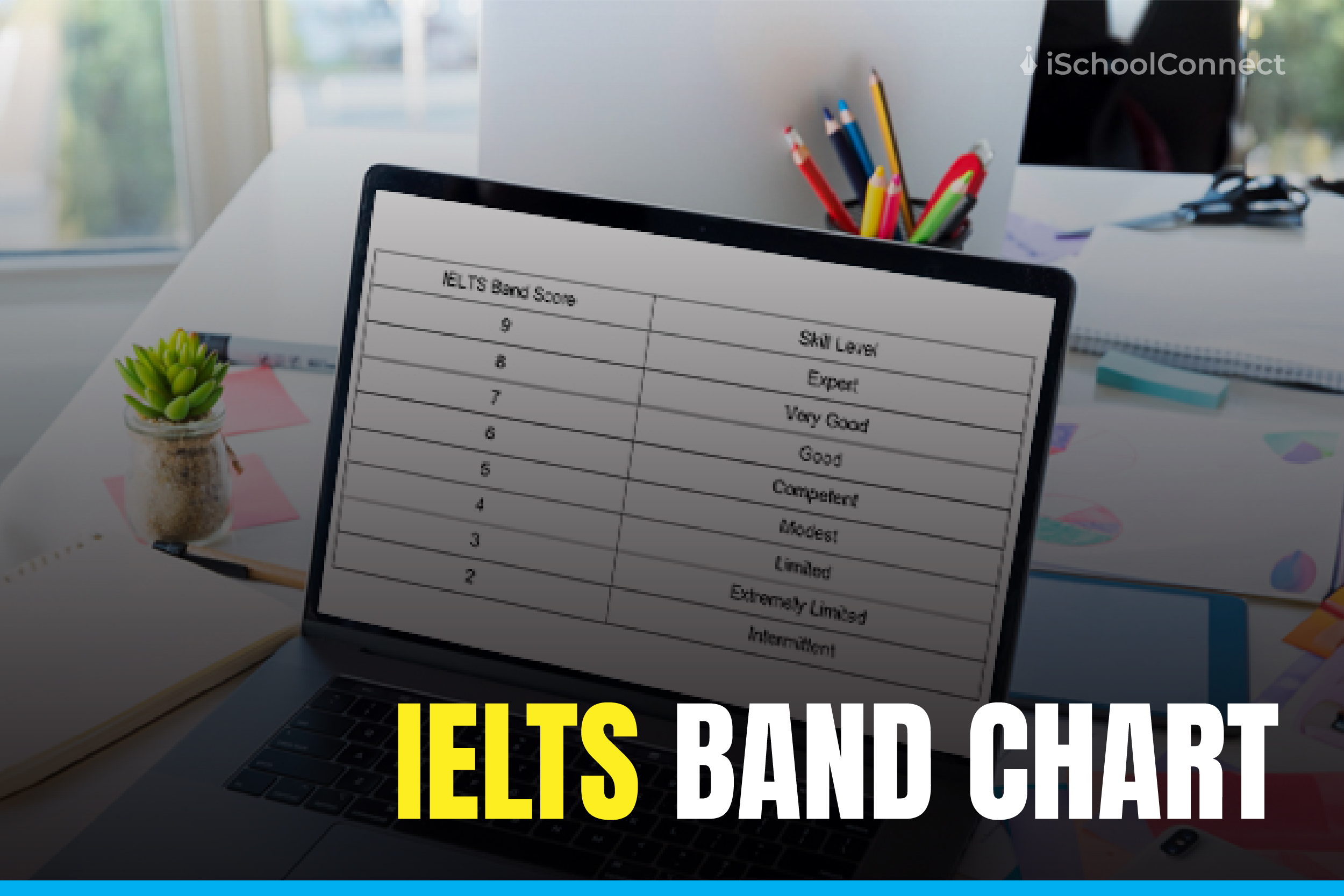Table of Contents
IELTS speaking vocabulary | An overview
The speaking section of IELTS assesses the student’s English speaking skills. It is the same for both the academic and general tests, and candidates can take the module a week before or after completing other modules. There are a few parameters that candidates have to fulfill to score high in this section, some of which are fluency, grammatical accuracy, and pronunciation. Apart from this, one other parameter you must consider is vocabulary.
Often candidates get confused regarding the kinds of words to use. Advanced vocabulary can refine your answers, allowing you to score better marks. However, it is essential to know which words to use and the correct meaning of those words. So to help you out, here’s an exclusive blog on IELTS speaking vocabulary. Keep reading!
A little bit more about the IELTS speaking test!
The IELTS speaking test is a one-to-one, casual conversation with an IELTS examiner. The exam is broken into three sections — Part 1, Part 2, and Part 3, and overall, it takes 11 to 14 minutes to complete the test. Given below is the breakdown of the sections –
Part 1: Introduction and interview
In Part 1 of the IELTS speaking test, you must answer questions about yourselves, including family, work, hobbies, etc. The time allotted for this section is 4-5 minutes.
Part 2: Individual long term
Here, you are given a card, basis which you have to talk about a particular topic. You will be allotted a minute to prepare before speaking. Once you finish, the examiner may ask one or two questions on the topic. The total time for this part of the test is around 3-4 minutes.

Part 3: Two-way discussion
In Part 3, you will be asked further questions related to the topic in Part 2. These questions will enable you to discuss more ideas and issues. The total time allotted for this is 4-5 minutes.
IELTS speaking vocabulary | A list of the phrases and words
The topics for the IELTS speaking test comprise travel, health, education, food and nutrition, friends and family, and much more. Here are some of the resourceful IELTS speaking vocabulary that you must know of –
IELTS speaking vocabulary | Common phrases or words
| Phrases or words | Meaning |
| Quarrel with | Dispute or disagree with something |
| Romp in | Win easily |
| Limber up for | Be ready to invest a significant amount of effort |
| Measure against | Evaluate or judge by comparison |
| Invigorating | It makes one feel powerful, healthy and energized |
| Mere | Used to illustrate how unimportant someone or something is |
| Pinnacle | The most prosperous point. |
| Ludicrous | Illogical or out of place |
| Proponent | Someone who argues for something |
| Pass over | Ignore, refuse to discuss |
IELTS speaking vocabulary | Friends and family
| Phrases or words | Meaning |
| A shoulder to cry on | Someone to sympathize with you |
| Immediate family | Spouse, parents, children, grandparents |
| Close-knit family | A close family with common interests |
| Distant cousins | People who share a common ancestor but are not closely related |
| Extended family | Uncles, aunts, and cousins form part of the extended family. |
IELTS speaking vocabulary | Travel and tourism
| Phrases or words | Meaning |
| Quaint villages | Old-fashioned or charming small towns |
| Packaged deals | Travel deals that are put together by an agency and sold as a package |
| Off the beaten track | A place that is not on the main thoroughfare |
| Swarming with tourists | Full of holidaymakers |
| Guided tours | Walking, hiking, or driving visits led by a guide who knows the area |
IELTS speaking vocabulary | Education
| Phrases or words | Meaning |
| Encourage collaboration | Learning together through discussions |
| League tables | Tables that rank the position of schools according to academic success |
| Intonation | The ‘singing’ sound of speech |
| Dictation | Writing down what the teacher says accurately and fast. |
| Sail through them | Not to have to work hard and to find things easy |
IELTS speaking vocabulary | University and student life
| Phrases or words | Meaning |
| Day in, day out | Full-time without a break |
| Student union | An organization for students / sometimes a physical place |
| Technical colleges | Places that do not demand such high entrance qualifications as university |
| Halls of residence | A particular place for students to live |
| Vocational studies | Focus on learning or mastering a skill |
Key takeaways
- The IELTS exam is one of the most basic language proficiency tests that study abroad aspirants need to answer.
- The exam tests your command of the English language – from grammar to pronunciation to vocabulary.
- A strong IELTS speaking vocabulary will help you refine your answers, allowing you to score better on the test.
- However, it is important to know the word’s correct meaning so you can use them correctly.
- The best way to improve your IELTS speaking vocabulary is to become acquainted with new words and fully comprehend their meanings.
- Today, there are a lot of online dictionaries that you can refer to improve your vocabulary.
- In addition to this, you can also join IELTS test prep classes that will train you for the exam.
If you are preparing for the exam and need assistance with IELTS speaking vocabulary, contact us today! We are here to help.
Liked this blog? Then read, Advantages and disadvantages essay IELTS | 5 tips for perfection!
FAQs
Question 1: Is it necessary to employ idioms to achieve a higher band score in IELTS speaking?
Answer: If you are familiar with the idioms, you can use them when conversing with the examiner. However, you must comprehend the idiomatic languages’ fixed expressions, phrasal verbs, and everyday phrases.
Question 2: What is a phrasal verb in idioms?
Answer: A phrasal verb is a combination of a verb and other elements — the other elements can be either prepositions or adverbs, which are used to alter the meaning of the verb.
Question 3: What is the meaning of the idiom to have a whale of a time?
Answer: The idiom ‘to have a whale of a time‘ means — to enjoy a lot.






